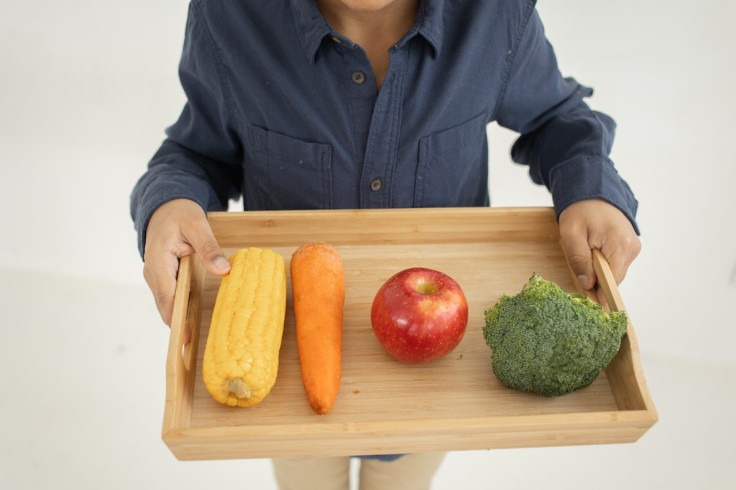
Vitamin E is an essential micronutrient crucial in a kid's diet.
First and foremost, vitamin E is a powerful antioxidant that counters the effects of free radicals in children's bodies, US News reported.
Free radicals are chemicals created when the body undergoes various normal chemical reactions. These chemicals cause damage to one's cells. They are also formed when exposed to the sun's ultraviolet rays, cigarette smoke, and air pollution, which can be found in children's surroundings. Moreover, these free radicals can also cause cancer, heart disease, and cataracts.
Secondly, vitamin E also has an important role in the function of children's immune systems and clot prevention.
Third, vitamin E is also reported to have other effects, such as possible treatment of menstrual pain and primary dysmenorrhea for teens and women, preventative for preeclampsia, and topical treatment for scars.
Vitamin E sources
Experts encourage parents to prioritize their children's balanced diet, ensuring they take in the correct quantity and quality nutrients, especially vitamin E.
Verywell Family gathered a list of foods naturally high in and fortified with vitamin E that parents can place on the dining table for their kids to eat and enjoy.
1. Foods Naturally High in Vitamin E:
- Sunflower seeds
- Almonds
- Hazelnuts
- Tomato paste/sauce
- Mixed nuts
- Carrot juice
- Broccoli
- Sweet potatoes
- Spinach
- Greens
- Pine nuts
- Wheat germ
- Avocado
- Vegetable oil
- Kiwi
2. Foods Fortified With Vitamin E
- Fortified cereals
- Fortified bottled smoothies
- Other fortified foods like Peter Pan Plus Creamy peanut butter
Too much vitamin E can also be dangerous
Vitamin E is "a fat-soluble vitamin that can be stored in the body." While it can fight the free radicals in children's bodies, too much of it can also be dangerous as it can lead to bleeding complications.
Thus, experts suggested that vitamin E is best taken from food rather than supplements, as this can lead to unnecessary high intake for children who are not vitamin E deficient.
Vitamin E deficiency, however, for children is "generally rare."
According to the MSD Manuals, the symptoms of vitamin E deficiency in children are related to the nervous system. They include "slow reflexes, difficulty walking, loss of coordination, loss of position sense (knowing where the limbs are without looking at them), and muscle weakness." The visual concern is also said to be part of the symptoms.
Severe deficiency can be expected in kids with liver disease that affects the flow of bile and a few rare disorders of bile acid transporters.
However, while it is rare for children, it was reported that newborns, specifically premature babies, are at high risk of becoming victims of vitamin E deficiency, which can induce anemia or iron deficiency. This is because they have a relatively low reserve of vitamin E, as there is only a small amount of the micronutrient across the placenta.
But parents should not worry too much as the risk decreases as the babies grow up. They can get enough of the nutrient from breast milk or even in commercial formulas.
Related Article: 10 Wonder Foods To Keep You Healthy, Chocolates Included!